Fit Around Life Blog
20th March 2023 - Are you FORCING yourself to exercise?
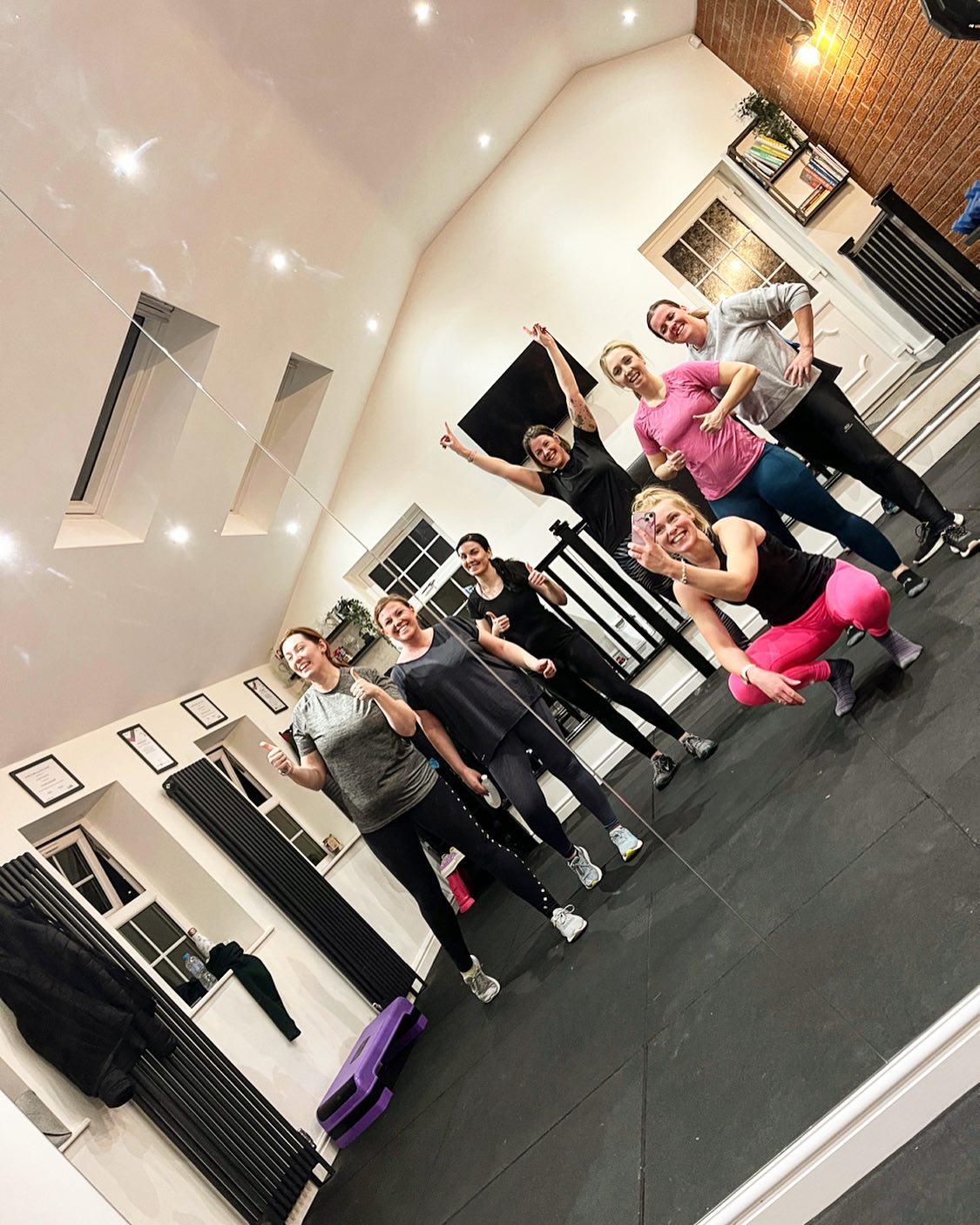
If the answer is YES, then stop. Right now. Take a second to think about what you’re doing and why?
Yes I know: because it’s better for you; the doctor told you to; you need to improve your cardiovascular health; you want to ‘tone’ up a bit; you could do with losing a few pounds; you want to feel fitter to run around with the kiddies etc etc …
These are all very valid reasons to work out BUT if you’re not enjoying it, then you’re doing the wrong exercise.
While you may not be a sporty person or used to the active lifestyle as such, there are options out there that will suit us all.
People’s first option when they decide to take that leap into improving their fitness is often to join a gym. But why? Because it’s the obvious answer? Because they know others who go and say it’s great? Yes, a gym is the obvious place to start building fitness but it’s by no means the right thing (or the only thing) for everyone.
Many clients who step through my gym door are people who don’t want to embrace a big scale, commercial gym. They know they want to get fitter or lose some weight etc, but they also KNOW that a standard gym isn’t going to work. And that’s great, because they’ve actually thought about what might work for them: something that might just give them the longevity and prevent them from throwing in the towel after two weeks.
Others join me for classes. And here’s my secret … I LOVE classes because of the social element almost as much as the physical and mental release! We often joke that classes are our outlet to vent and let off verbal steam, but in reality, they’re 30 minutes where we’re transported from our everyday steamtrain lives into a bubble, where we can build up a sweat and have a laugh. Our brains switch off and we can enjoy the moment; we can feel like we’re not the only one struggling; we can ask for advice on something that we haven't been able to stop thinking about; we can be there to encourage each other when we’re ready to quit. Clients come back week after week to the same classes because they love the environment as well as the boost to their fitness levels – BUT again, they won’t be for everyone and that’s ok! There’s nothing wrong with not wanting to jump head first into a group and sweat it out together!
What we need to remember is that fitness isn’t just a phase – it’s a lifestyle. This is why it’s SO important that we find something that will work for us as individuals. If you’re struggling for ideas then talk … ask people, chat, even google your local area. What works for one, doesn’t work for everyone. You might try something and hate it - but hey, that’s progress because you’re one step closer to finding out what’s going to work for you. Do your research and give things a shot - find what’s going to keep you interested and wanting more!
20th March 2022 - Know Your Nutrition
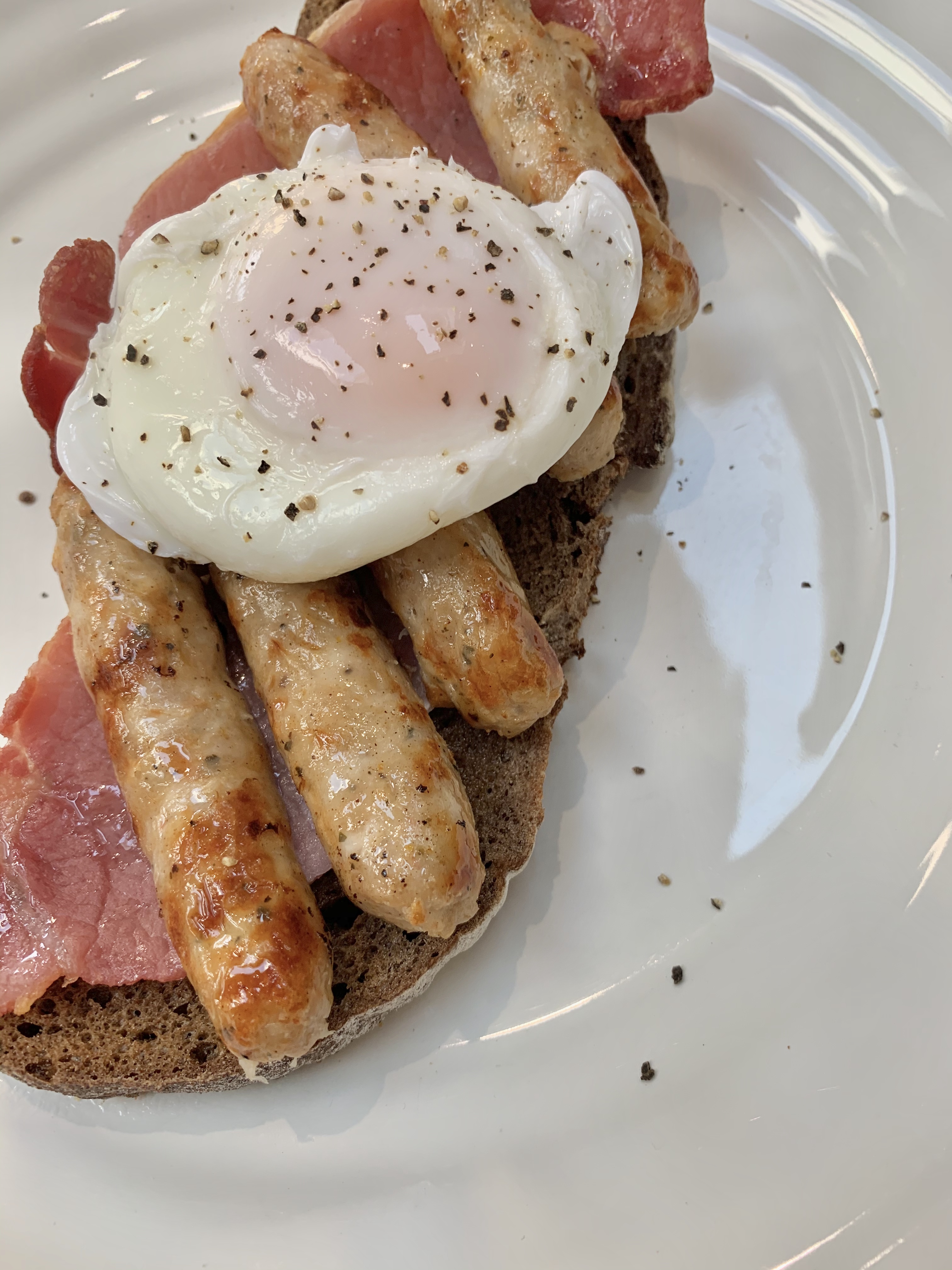
Sunday morning and it’s time for a Full English. That’ll fill you up until mid-afternoon when you’re going down to the local carvey pub for a Sunday roast.
You’re not worrying about blowing the calorie budget because you’re missing a meal by having ‘brunch’; you’re grilling the Full English; and let’s face it – carvey is just meat and veg … what could go wrong?
Answer: lots.
I’m not here to tell you never to have a Full English or a roast carvery dinner – far from it! But if your focus is weight management then you need to get clued up on what you’re consuming.
Firstly, know your calorie maintanance level. If you don’t, there are lots of calorie calculators to help. (I’m always here to do this for you!) Secondly, start thinking about your food … I mean really thinking – and being honest.
Take a Full English – even when predominantly grilled (because we all know that cooking by swimming it in fat can’t be great, right?!):
- -Two pork sausages: 300 calories
- -Small tin baked beans: 120 calories
- -Two hash browns: 160 calories
- -Two rashers bacon (fat cut off): 100 calories
- -Two scrambled eggs in a tsp butter: 140 calories
- -One slice of thick cut bread – no butter: 110 calories
Total: 930 calories.
When you take into consideration that many of us will have a daily need of around 1500 calories per day, that’s not leaving you with many calories to consume in that Sunday roast! Not when a decent sized roast potato may come in at around 100 calories and a small yorkshire pud another 100!
How many of us think in terms of food groups when we eat or prepare meals? Do you ever consider how you can get the most food on your plate for the fewest calories possible? Do you even know which foods will keep you feeling fuller for longer, or which foods to eat more of to help you with weight loss?
I’m certainly not here to tell you never to eat the foods we love! Quite the opposite. But I am here to suggest that we learn to know our foods as best we can so that we can eat what we enjoy and still achieve our goals in the long run.
Happy Sunday!
(p.s. image is my Sunday brunch today - less than 500 calories!)
17th September 2021 - Ready For A Lifestyle Change?
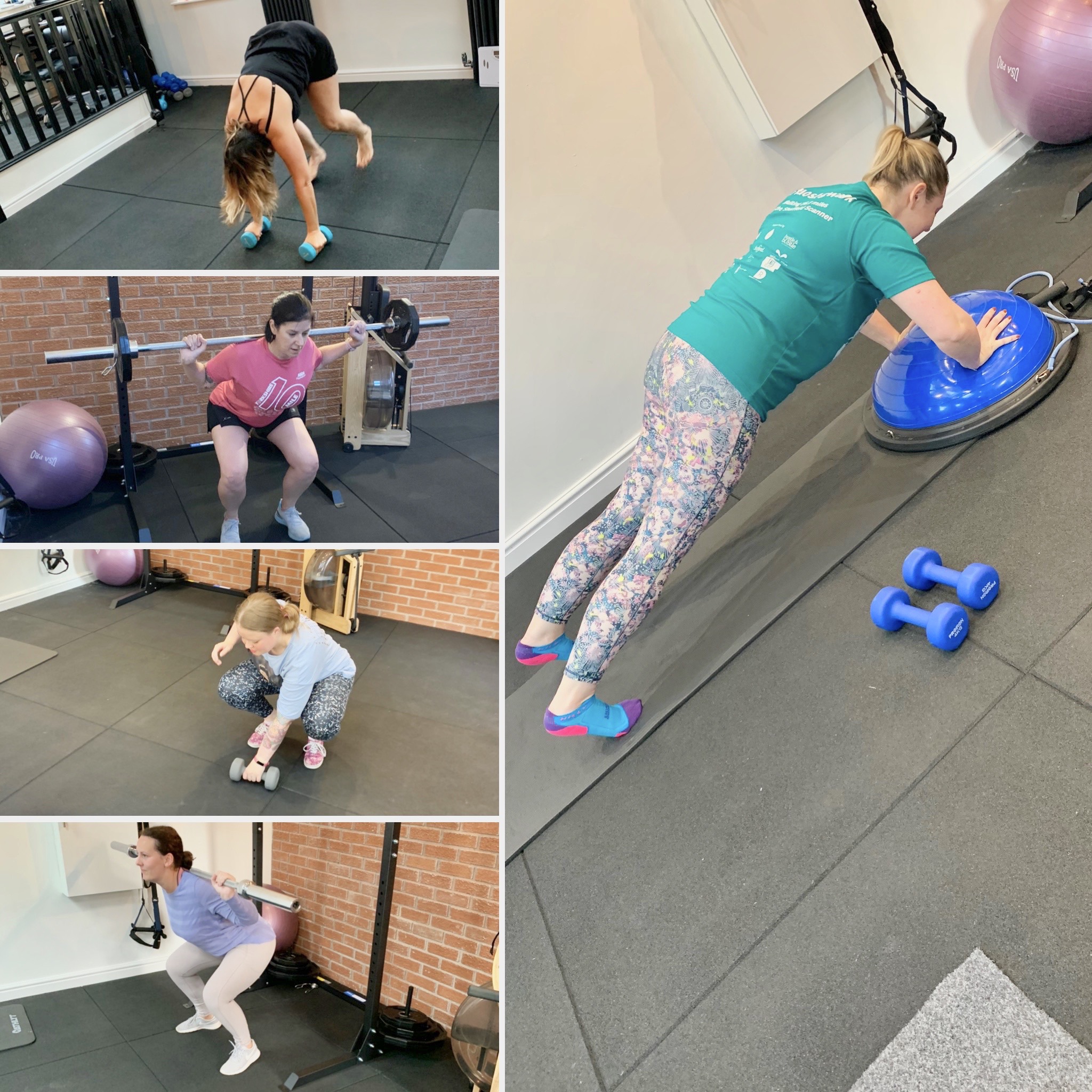
One reason why I love my job as a personal trainer and why I love my clients in particular, is that each and every one of them remains committed to changing their lifestyle for the better … WITHOUT making HUGE changes to their current life and routine.
This week has brought several review sessions and it’s been wonderful to see clients getting excited about the weight dropping off and increases in strength and performance … inches gone, planks held for those extra few seconds, a few extra squats, push ups moving from knees to toes … all markers of the hard work and effort that they’ve put in over the past few weeks and months.
The reason? Because they are 100% committed to achieving their goals.
What this means? They plan their exercise in around their lives - to fit with their existing timetables and priorities and ensure it’s executed wherever possible. They adapt their eating habits to ensure a good balance or nutrients and undertand where calories may add up and where they can eat ‘more for less’.
What this doesn’t mean? That they are on a strict, time consuming diet plan, feeling miserable because they can’t enjoy their life. They don’t feel guilty if they end up with a pizza or miss a home workout here or there. They acknowledge it and move on in the way they know is best for their goals.
Many of us have tried and tested a whole host of diet plans and concluded that they very rarely work for good. Perhaps most importantly, we acknowledge that they usually aren’t sustainable. I’m always pretty direct in sharing with clients my thoughts on ‘diets’ and certain dieting clubs: don’t bother.
Why?
Most diets are slapped with a fancy title, a celebrity endorsement and a wonderfully expensive price tag. BUT what they won’t tell you is the truth about how to lose weight … i.e. eating in a calorie deficit. This is their fundamental base … sorry .. it really is that boring and that simple! These decorative products won’t educate you; they won’t give you the knowledge and understanding of how to eat for the rest of your life in a healthy and sustainable yet LIVEABLE way!
The same goes for weight loss groups … I know people do lose weight on these and for that, great! However, for me, a food should never be thought of as a sin (or ‘syn’!) and the focus should be on eating a variety of foods and enjoying the food we have available to us!
One of my main goals within my role as a PT is to give clients the knowledge and understanding about food: how to balance their meals; how best to achieve susitanable weight loss; how to ensure they hit their protein as a vegetarian; NOT to give them a specific menu to follow for 8 weeks in order to lose a few pounds, but to come out at the other end having no idea how it’s happened or how to continue with a balanced and healthy diet.
Plus, exercise is key! OK so for weight loss we need the calorie deficit first and foremost, but the exercise needs to complement that to ensure we’re maintaining muscle mass as well as aiding that deficit. Whether you’re looking to lose weight, to achieve a performance goal, or to generally improve your overall health, a continued exercise programme is paramount. One personal training session, HIIT class or long walk is a start, BUT the only way you’ll make that change you’re looking for is to find something sustainable and build it into your daily life and routine. And believe it or not, if you want it to be, it IS achievable. Excuses about not having the time are merely just that. Just ask my clients!
If you want that change, make it part of your life.
27th May 2021 - Ditching the Diet
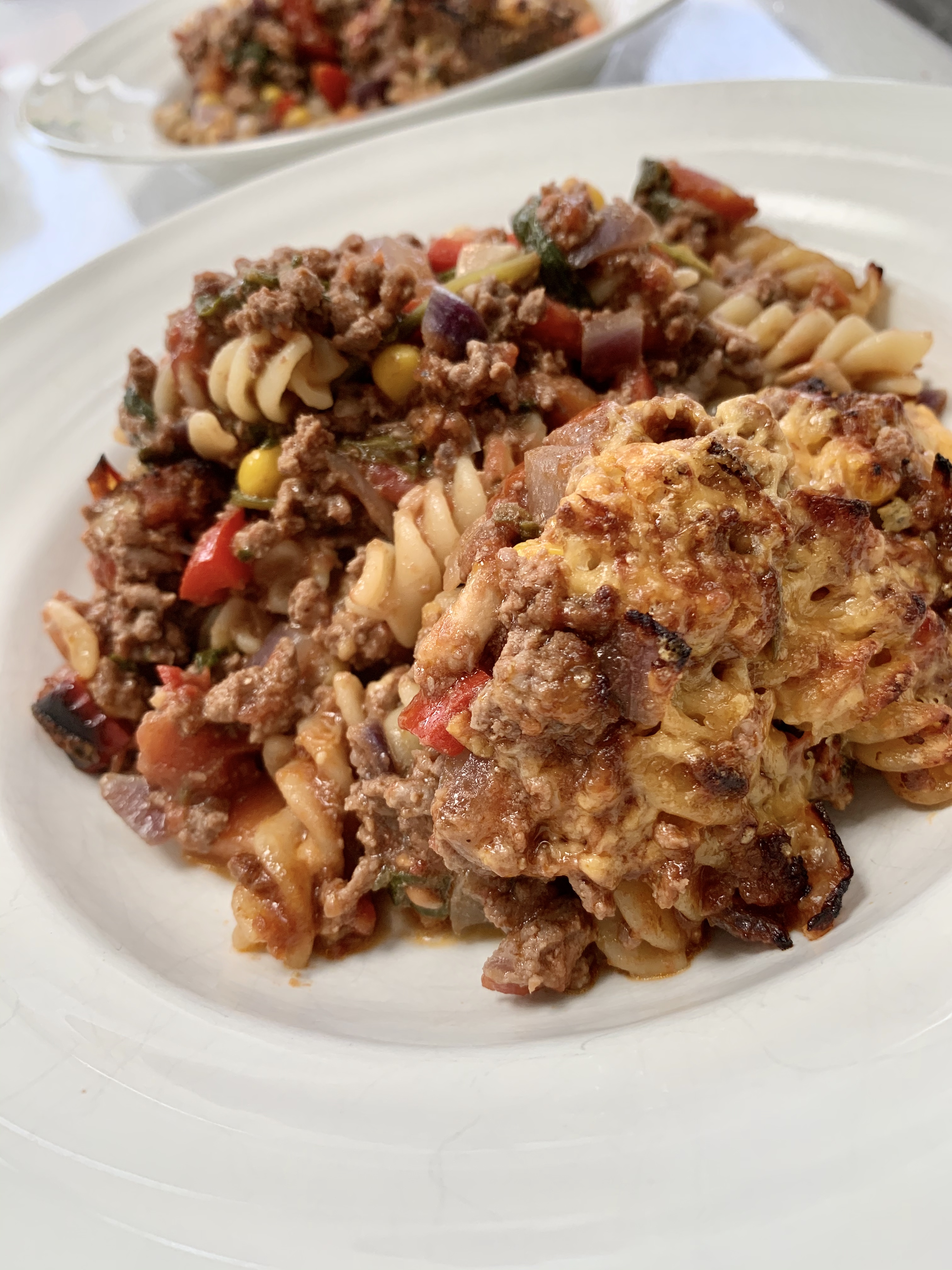
When looking to lose weight, most of us realise that we need to cut calories. But why are we bothering with silly fad diets that promise amazing results and fail to deliver them permanently?
When training with clients, I find it fasinating to hear about all the things they’ve tried in the past in an attempt to ditch those pounds: intermittent fasting; weight loss groups; cutting out food groups; meal replacements; super low calorie; alternating calorie days etc.
There’s no question that if you follow these diet plans then you will lose weight. Why? Because they’re all encouraging the same thing (while being masked in a fancy title): working in a calorie deficit.
· Cutting out carbs is restricting calories.
· Fasting until lunch is restricting calories.
· Meal replacement is restricting calories.
So if they work in helping to cut calories, what’s the problem?
When we restrict calories to such a large and drastic extent, the diet isn’t pleasurable OR sustainable. And this is the problem. Our bodies need a variety of foods from all food groups to function. Not only that, but we need a certain amount of calories to survive: to keep our heart pumping, our lungs breathing, our hair growing, our muscles twitching … everything we do needs calories, and I’m not just talking a few hundred. I’m talking 1000+ calories a day just to survive and allow us to function. So why then do we decide to punish ourselves by restricting our diet to, in some cases, 500 calories a day????
Ok so symptoms may start small: bad breath, mood swings, headaches, nausea, tiredness etc. You may think it’s worth it to ‘get skinny’ but it’s a clear sign that your body isn’t happy! More than that, it could be the start of something much worse. What else could a very restrictive diet lead to? And how is this ever going to be sustainable in the long run? When you hit your ‘goal’, then what do you do (hint – ditch the diet and slap the weight back on)?
On top of this, weight loss without an exercise programme means exactly that – weight loss: fat AND muscle. When actually what we’re after in most cases isn’t weight loss, it’s ‘fat loss’. When we restrict and crash diet we lose the weight. But this is often hugely unsustainable so the weight eventually creeps back on. Only it doesn’t come back on as muscle and fat (as we lost it); it comes back on as fat. So in essence, what we’ve actually achieved is simple muscle loss and a bad time putting ourselves through a horrendous diet.
The answer? Learning to build healthy habits with all foods. Understanding that the body not only needs so many calories a day to function, but that it needs carbs, protein and fats to function efficiently. Cutting these out and restricting heavily is quite simply, for most, totally unhealthy and unsustainable. A calorie deficit and healthy weight loss can still be achieved by eating all foods! Not to mention the benefit it can have on us mentally and to know that we’re not being placed on another dreaded ‘diet’.
13th May 2021 - ‘Why Am I Not Losing Weight?’
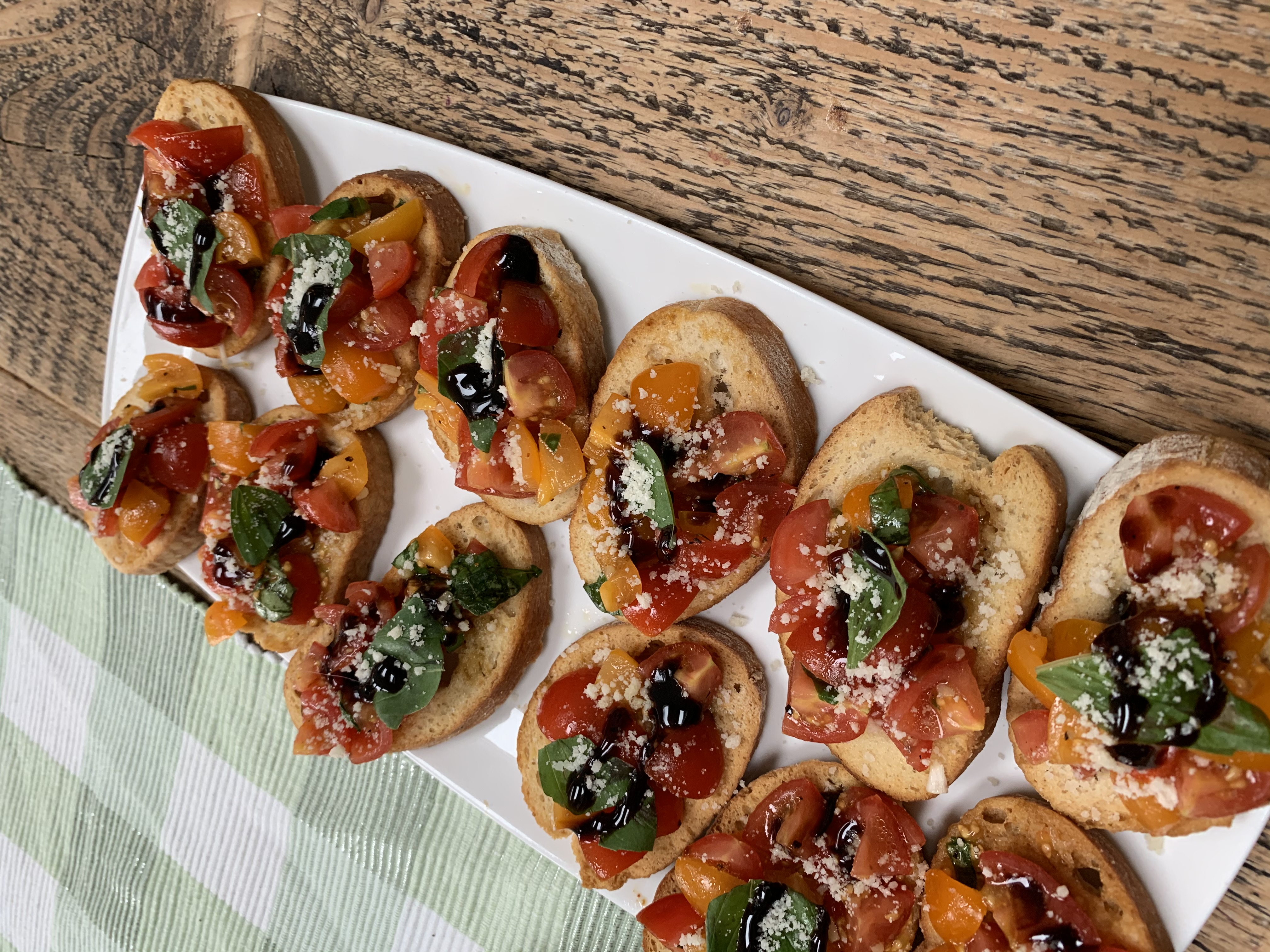
As lockdown finally comes to an end, more and more people are becoming concerned about the effect it’s had on their physical (aswell as mental) health: whether that be increased weight, lost stamina or generally just feeling less fit. Some are already back pounding the treadmills and hitting the diets in an attempt to lose those excess pounds and feel better about themselves. But is it working?
As a personal trainer, I often get asked ‘why aren’t I losing weight?’. The answer is simple (in theory), but the solution is far from magical (like popping a pill was ever going to turn us into our perfect form!)
The answer: if you’re not losing then you’re just not in a calorie deficit. In simple terms, you’re still consuming more calories than you’re working off.
I can hear the arguments now – “but I’ve cut out my Friday beers”, “I’ve definitely eaten less chocolate recently”, “I’ve switched sandwiches for salads” and worst of all, “I’ve stopped eating carbs!”
First things first, we don’t need to cut out any food groups (unless we have an intollerance – but that’s another matter) - our bodies need nutrients from all food groups to work! Secondly, when you say you cut out alcohol and stopped eating as much chocolate, by how much have you actually reduced your consumption? Thirdly, yes salads might be great, but are those leaves leaving you so hungry that by 6pm you’re ravenous and picking at anything you can lay your hands on?!
I don’t say this to be mean … I say this because people genuinely don’t always appreciate what they’re eating (or not!), and not through any fault of their own.
It sounds simple, right? Eat less and lose weight. But understanding how much we’re consuming isn’t always as simple as it sounds – it’s not always as easy as just ‘cutting down’. It’s about having a solid understanding of nutrition, calorie analysis, our body’s needs etc. And that’s where my passion lies – helping people to make lasting and sustainable healthy choices rather than fobbing them off with a fad diet book or signposting them to their local weight loss club…
If we are serious about losing weight, and keeping it off, we need to understand what we’re putting in our mouths by:
- Using food labels to inform our eating choices
- Tracking what we eat, including those ‘bits’ we nibble on throughout the day
- Weighing portions of food (75g of cooked pasta is unfortunately less than most people estimate!)
- Being honest about what we’re eating – it’s better to recognise that those sugar-filled cocktails you drank at the weekend counted towards your calorie intake than to pretend you didn’t have them and then feel deflated about not losing weight
And here’s the most important one of all:
- Remembering that weight loss should be a gradual process and shouldn’t rely on being overly-restrictive. Our diet (and I use the phrase here to mean what we consume, not a 500 calorie fad ‘diet’ ) should be sustainable and enjoyable, else we’ll never stick to it. Sure, if you want to lose weight then you’ll have to cut some things down, but not cut them out completely.
And if you’re sat there thinking that this all sounds like hard work, you’re right – it is. But if you really want to make a difference, like most things in life, it’s surely worth a little effort, right? Besides, it’s not like you’ll be reading labels and weighing rice for the rest of your life – once you become more knowledgeable about your food choices it will soon become second nature.
Finally, it’s always easier to face challenges with support! Invest in a little help, whether that’s a friend, family member, coach or personal trainer. A problem shared is a problem halved, after all!
28th April 2021 - ‘I Wish I Had The Motivation.’

Sound familiar?
How many times have you uttered these words when considering an early morning gym session, a walk in the sunshine, or when a friend asks you to accompany them to their first ZUMBA class?
A quick Google search of ‘motivation to exercise’ has these 8 things appearing in front of me:
1. Lighten up your goals
2. Track your progress
3. Delete guilt
4. Focus only on yourself
5. Get a cheering squad
6. Find the fun in it
7. Break it up
8. Make it convenient
All valid points - agreed. Choosing any (or all) of these may undoubtedly, in some way, help you on your way to getting off the couch and onto your feet. BUT … the real question is this: ‘How long will that motivation last?’
The word ‘motivation’ is one that, as a personal trainer and fitness instructor, I hear all the time:
‘I just don’t have any motivation.’
‘I wish I had your motivation.’
‘How can I be more motivated?’
And as a personal trainer, my answer is always the same: we’re never always going to be 100% up for a good workout – the feeling where you’re literally bursting at the seams of your Lycra to get into that Spandex and run like the wind! (Well, some of us perhaps are!) But for the vast majority of us, that’s not the case. So, what can we do to boost our spirits and give us that gentle push we need to hit the HIIT? Here’s my answer:
1. BUILD THE HABIT
Think about the things you do on a daily basis: the things that you do without even realising you’ve done them, such as brushing your teeth, making a morning coffee, packing up sandwiches for the kids to take to school, nipping into ASDA on the way home to buy milk, taking the dog out for a tinkle before bed. These things are built into our everyday routine. They require a one second thought and, more often than not, we’re away doing it and we can’t even remember thinking about doing it.
Do you ever stop to think, ‘Hmm, I don’t think I’ll brush my teeth today because I’m just not feeling motivated?’ Highly unlikely. We do it because it’s part of our daily routine and we never give it a second thought. We’ve done it for so long at the same time every day, it’s just what we do. It’s on our list and like many other aspects of daily life, it gets ticked off as we work our way through the day.
What about if we said that the same goes with exercise? How about you build 5 minutes of exercise into your morning routine before getting a shower or while you wait for the kettle to boil? How about if every Wednesday night you factor in the fitness class for 30 minutes by planning it into your diary like your other meetings and kids’ clubs? How about you wake up 15 minutes early on a Friday morning and go for a power walk to get some steps in?
If you allow these things to become part of your routine, will you need that ‘motivation’ as much? There’ll still be days I’m sure when you’ll think about hitting the snooze button and catching a few more Zs, but generally speaking, if you make some sort of exercise part of your daily life, it becomes much easier to stick to it and to go about it without a second thought.
Once you allow yourself to question whether you have the motivation to do something, there’s a strong possibility you’ll talk yourself out of it and tell yourself you don’t have the motivation – the excuse that’s stopping you – so what we want to do is to eliminate that thought before it even arises. Don’t even allow yourself the thought … just do it!
Leading on nicely to …
2. DISCIPLINE
When people ask me how I’m so motivated to work out, amongst many things that come to mind is this idea of discipline, and it links perfectly with the ideas around building a habit. There are mornings where I really don’t want to put my kit on and sweat it out before rushing around like a headless chicken sorting the kids out for the day. However, 99% of the time the discipline takes over and before I know it, I’m on the mat stretching it out. You know your goals; you know what you’re striving for (otherwise why are you working out in the first place?!) So have the discipline to follow through and achieve what you set out to do.
Having ‘discipline’ can be described as following a certain set of behaviours. If you learn to follow those behaviours again and again it becomes the habit that’s part of our everyday routine, without the need for this feeling of ‘motivation’.
So, next time you find yourself thinking:
‘Shall I go for a run?’
‘Should I try that class tonight?’
‘Do I have time to go for a quick walk before dinner?’
Stop yourself right there and turn your questions into statements:
‘I’ll go for a run.’
‘I’ll try that fitness class tonight – I’ll book it now.’
‘I have time for a quick walk before dinner if I stop procrastinating and GET ON WITH IT!’
If you’ve thought it, there’s the motivation you need. Don’t talk yourself out of it.